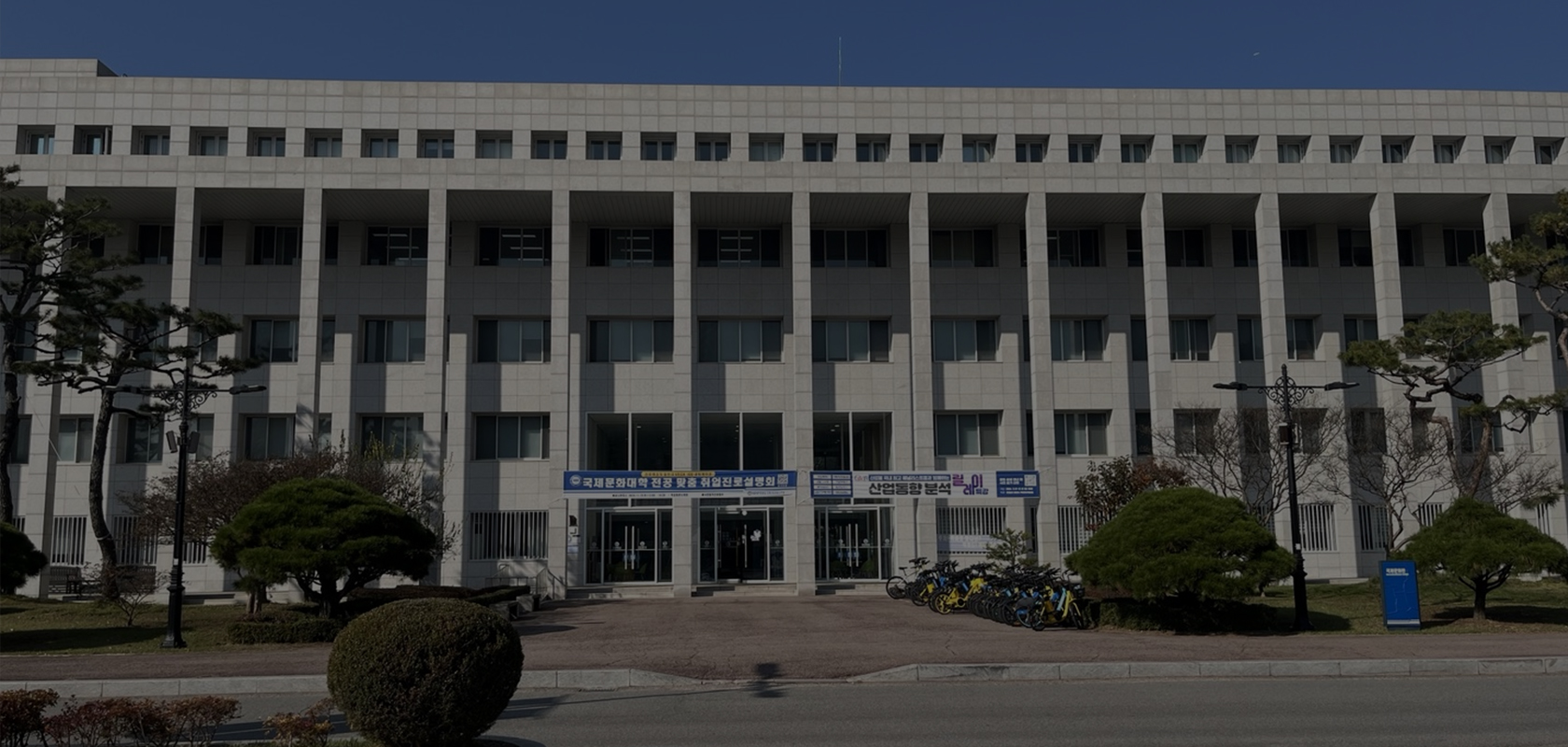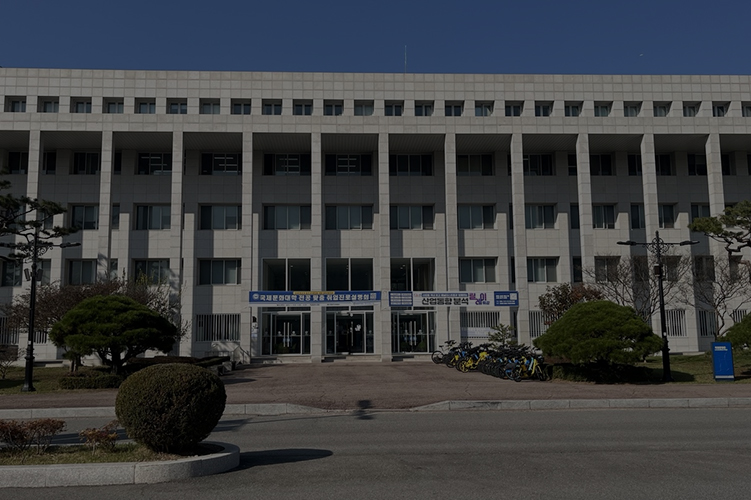

School of
Global Culture and Commerce
-



- School of
Global Culture and Commerce - AI for Humanity and Sustainability
AI for Humanity and Sustainability



Thank you for visiting the
‘Department of Languages and Cultures’.
Module
The "AI for Humanity and Sustainability" module is an innovative interdisciplinary educational program that explores the development of artificial intelligence technology and its social impact from a humanities perspective. This module covers various socio-humanistic topics such as ethics, justice, international relations, and future societies, based on an understanding of the fundamental principles of artificial intelligence. It explores inclusive applications of AI for human and global sustainability, as well as strategies for harmonious coexistence between humans and AI. The module invites participation from students who wish to engage in discussions about the profound changes in society brought about by new technologies, whether they come from a humanities background with a general fear of AI or from an engineering background that views AI purely as a technology. Leading universities worldwide are increasingly integrating AI with the humanities, and this module is Korea's first AI-humanities convergence education curriculum, aligning with global trends.
Educational Objectives
- Basic understanding of the principles, history, and characteristics of artificial intelligence
- Analysis of the economic and social impacts and ripple effects of artificial intelligence
- Exploration of the applications of artificial intelligence for sustainability
- Prediction of future societal changes due to artificial intelligence
- Study of ethics and safety issues related to artificial intelligence
Specialized Areas
- AI geopolitics and international relations
- Trans-humanism and future society design
- AI ethics and justice
- Generative AI methodology for humanities and sociology
- Convergence of AI and literature
Research Groups and Societies
Career after Graduation
- International organizations, government agencies, and research institutes responsible for AI international norms, standards, and safety.
- Private companies in the field of AI service and business planning.
- Academics focused on AI and humanities/social sciences interdisciplinary research.





















